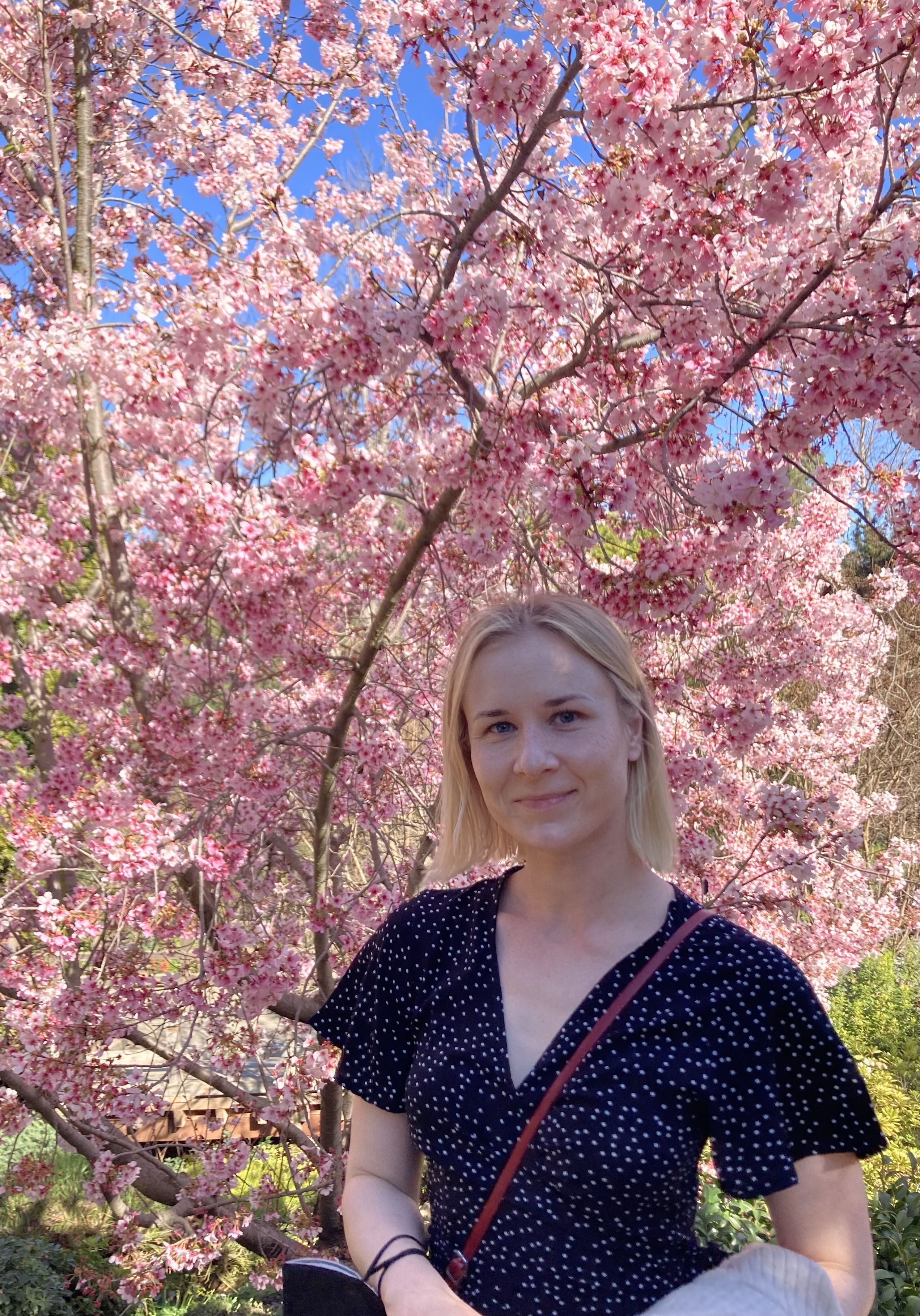Advocating for socially and ethically responsible research
I advocate for more socially responsible research, and for diversity, equity, and inclusion in genomics research and the workforce.
I believe that members of marginalized groups affected by genetics and genomics research must be adequately represented at all levels of research and decision-making. I believe that improving the recruitment, support, and retention of underrepresented minorities in the genetics and genomics workforce will benefit individuals, institutions, science, and society as a whole.
I'm particularly interested in the questions at the intersection of genetics, bioethics, and disability, and the societal and ethical implications of the implementation of genetic data and testing in research and clinical practice.
I have served in numerous workgroups to facilitate discussion and debate around genomics research on neurodevelopmental, psychiatric, and other sensitive traits. I serve in the Spectrum 10K advisory board redesigning the study following a community consultation. I'm a member of the HEARD (Healthy Engagement in Autism Research Dialogue) leadership committee. HEARD is an initiative coordinated by The NeuroDevelopmental Variability Initiative of the Broad Institute, together with the Autism Science Foundation, to promote dialogue between and among stakeholder groups, including researchers, clinicians, autistic individuals, and their family members.
I have led, facilitated, and participated in numerous collaborative efforts to advocate for more sustainable research practices in psychiatric and neurodevelomental research, particularly autism-related genomics studies. Supported by The Autism Intervention Research Network on Physical Health (AIR-P), I led and supervised an effort to develop a framework and guidelines for ethical genetic and genomic autism research. The Ethics in Genetics and Autism Research (EGAR) Workgroup is formed by autistic and non-autistic geneticists, bioethicists, genetic counselors, autism researchers, and advocates. Our paper Ethical challenges in autism genomics: Recommendations for researchers was published in the European Journal of Medical Genetics.
I have previously served in The Translational Genomics Research Institute's (TGen) Diversity, Equity, and Inclusion council.
